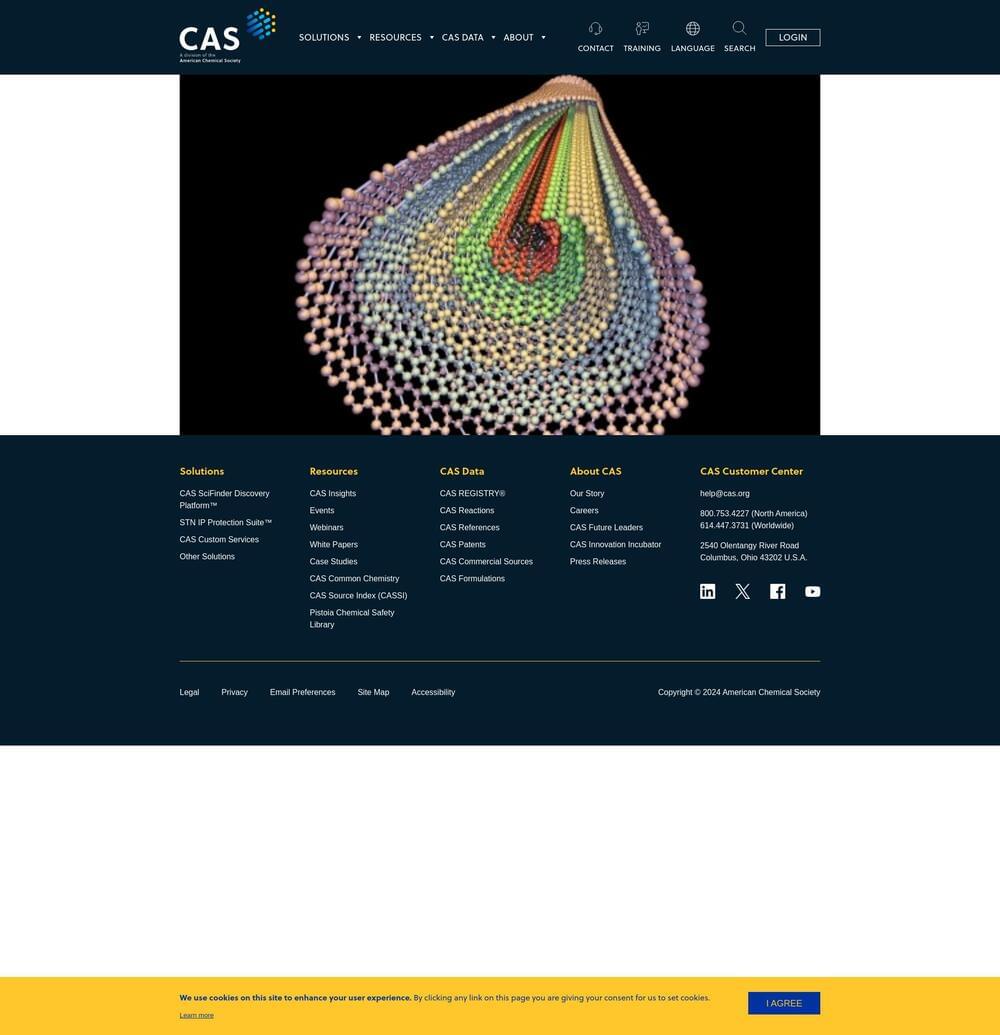“As long as the pharmaceutical companies quest for innovation is solely driven by intellectual property rights, they will keep failing in the war on cancer.”-Sylvie Beljanski.
Dr. Mirko Beljanski PhD, was a molecular biologist at the Pasteur Institute in Paris who investigated how environmental toxins damage DNA leading to cancer as well as natural compounds with protective anticancer properties. His research eventually led him to the discovery of two unique and powerful anticancer plant extracts: Pao pereira and Rauwolfia vomitoria.
In 1996 Dr. Beljanki’s lab was raided. His research was seized and he was locked in his lab and poisoned with an unknown chemical gas. The next day he was released from his lab and arrested. Two months later he was diagnosed with leukemia and remained under house arrest for the next two years awaiting a trial with no date until he passed away.







